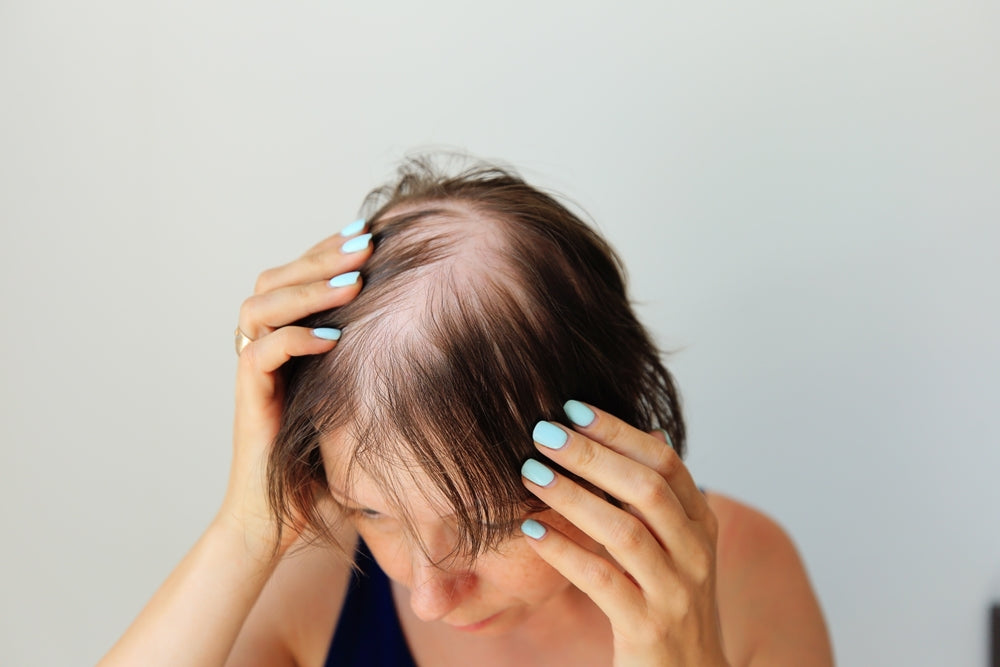
Five Causes Of Hair Loss In Women And The Treatments That Can Help
It may be that your ponytail doesn’t feel as thick as it once did, or you’re noticing more hair on your hairbrush or in the bottom of the shower. Hair thinning and hair loss for women can feel devastating and is on the rise with approximately 40% of women showing signs of genetic or hormonal-related hair thinning by the age of 50. The potential causes for hair loss are many, and to treat it successfully, it is important to establish why your hair is falling out.
Let’s begin with the basics.
The hair cycle can be broken down into three phases: growth (anagen), during which new strands sprout from your hair follicles; transitional (catagen), which marks the end of active growth; and resting (telogen) - when your follicles go on hiatus and the shedding follows.
It’s normal to lose anywhere between 50-100 hairs a day. Any more than that – especially if you also notice hair coming out easily in the shower or when brushing - could indicate that your body is sending a sign. An appointment with a Consultant Dermatologist should be your first port of call. Not everyone realizes that dermatologists are specialists in the field of hair loss and will establish what the problem is and the best plan of action regarding treatments.
What factors can contribute to hair thinning in women?
Genetics
This type of hereditary hair loss is referred to as androgenetic alopecia and is one the most common causes of hair loss worldwide. Essentially, people with this condition have inherited genes – from either or both of their parents – that are extra sensitive to androgens, a group of hormones, that play a major role in regulating hair growth. There is still a lot of research being done in this area – but one of the first signs of this type of hair loss may be widening at the central parting. As the condition progresses you may also experience thinning through the front of your temples and hairline also.
Stress
Stress-induced hair loss is called telogen effluvium and can strike after a period of intense stress, both physical (major surgery) and mental or emotional (losing your job or a loved one for example). Other stressors that can trigger telogen effluvium include high fever, severe infections, and rapid weight loss. This type of hair loss is technically excessive hair shedding and usually stops weeks to months after the stress trigger has resolved. Sometimes shedding can uncover androgenetic alopecia (the hormonal/ genetic tendency to hair thinning), in which case specific treatments can be initiated to quicken recovery of the hair loss back to baseline.
Hair Styling Habits
Any hair styling ritual that consists of intense heat and harsh chemicals on your scalp and hair – using curling or hot irons, chemical straightening procedures can damage the hair follicles and increase the risk of hair loss. Essentially the hair shafts become weakened and are more prone to break off. If you regularly blow dry your hair for example, use a hairdryer which has a cool setting as this is much less damaging.
Hormonal imbalances
Hormonal changes can be a contributing factor to hair loss in women, particularly the fluctuating androgen levels associated with polycystic ovary syndrome (PCOS) and perimenopause.
PCOS is a hormonal condition which disrupts ovulation causing irregular periods. Another symptom can be thinning and more brittle hair, thanks to raised androgen levels.
The hormonal changes that happen during perimenopause (the transitional period before menopause) can disrupt hair growth too as oestrogen, which supports hair growth, decreases so hair thinning and shedding can become apparent.
Hormonal hair loss can also be the result of taking certain medications such as the oral contraceptive pill/ undergoing IVF and taking HRT (hormone replacement therapy).
Nutritional Deficiencies
Another reason for hair shedding may be down to nutritional deficiencies like a lack of iron, vitamin D, vitamin B12, folate, vitamin C, or zinc for example. These nutrients play important roles in cellular processes that are essential for the hair growth cycle and running low on them could result in hair shedding and thinning.
In developed countries, it is highly unusual to have hair loss as a cause of nutritional deficiency, but for those wanting to optimise their hair health it’s important to have these key nutrients at relatively high levels. Iron and zinc are particularly important for hair and need to be taken separately, and it is important for hair supplements to be biotin free. This is why Consultant Dermatologist Dr Ophelia Veraitch developed her Hair Vitamins Advanced for the hair patients she treats in her specialist hair clinic.
Hair Loss Treatments
In a market that is saturated with so called solutions for hair loss or hair thinning, a visit to a consultant dermatologist should be your first port of call to establish the reason behind your hair loss. The causes for hair thinning and loss are medical, and dermatologists are the doctors who have had many years of training to diagnose and treat hair conditions. Trichologists usually have hairdressing backgrounds and would not be able to offer the full choice of treatments.
“It can be difficult for patients to access good opinions and treatment options for their hair, and it is important to be wary of digital content about hair,” says Dr Ophelia Veraitch. “However, once you cut through the noise there are many effective treatments available. A dermatologist will make a clinical diagnosis and discuss the treatment options available which may include in-clinic injectable treatments, topical lotions, hair growth tablets or a combination of all three”.
Dr Ophelia Veraitch, adds, “In-clinic treatments are a good place to begin once a clinical diagnosis has been established.” She has recently seen a high level of success with PRF (Platelet Rich Fibrin) injections. “Most clinics offer PRP (Platelet Rich Plasma) injections, but the PRF can be more effective. Both treatments are safe as it’s your own plasma that’s being injected into the scalp”.
What exactly happens during a treatment?
Firstly, you have a small amount of blood (about 15 ml) taken from your arm. Vials containing this blood are then placed in a centrifuge which looks like a tiny tumble dryer and spun until the red blood cells separate from the clear plasma or fibrin. With PRF the blood is spun less aggressively than in PRP. The fibrin is packed with platelets and growth factors which can help promote hair growth and is injected into the scalp. PRF and PRP are in a way home-grown tonics for hair regrowth and are good treatment options for anyone with an aversion to having foreign substances injected.
Dr Ophelia has recently seen a considerable number of patients with successful hair regrowth after a series of polynucleotide injections. These are the buzzy new injectable treatments that kickstart regeneration in skin cells. Polynucleotides are molecules made from fragments derived from fish cells which mirror human DNA. Similarly to the PRF, the purpose of injecting this product is to stimulate our own cells to produce some of the things that have depleted in our cells either from ageing, illness, stress or hormonal imbalances.
The last type of injectable treatment that Dr Ophelia offers is mesotherapy (tiny injections all over the scalp) with Dutasteride which works well for some patients who haven’t had success with some other treatments.
It is important to have a multi-pronged plan in place when treating hair growth. As well as in-clinic injectables, Dr Ophelia also offers bespoke hair elixirs which are topical hair growth tonics with prescription-strength ingredients that are much stronger than anything you can buy over the counter. Also available at her hair clinic are hair vitamins, again with high levels of hair nutrients for maintaining optimal hair health. These can be used alongside the injectables or in some cases used on their own. A lot of over-the-counter hair loss remedies and tablets simply aren’t potent enough to make any real changes so another reason why it’s far better to book in with a specialist.
Shop Bestsellers


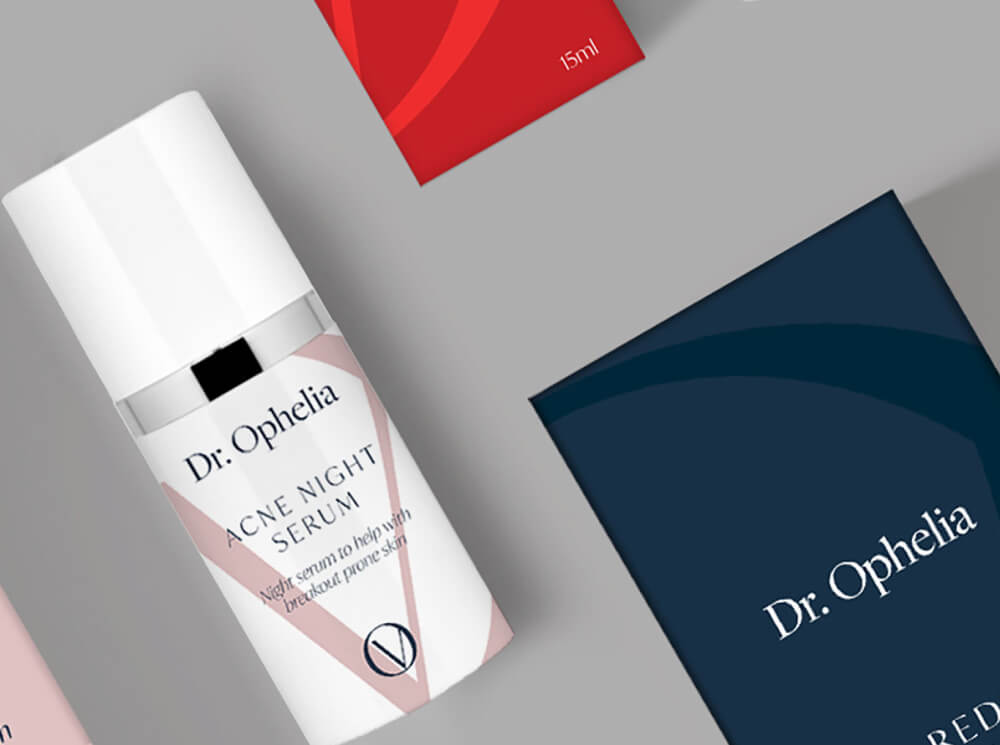

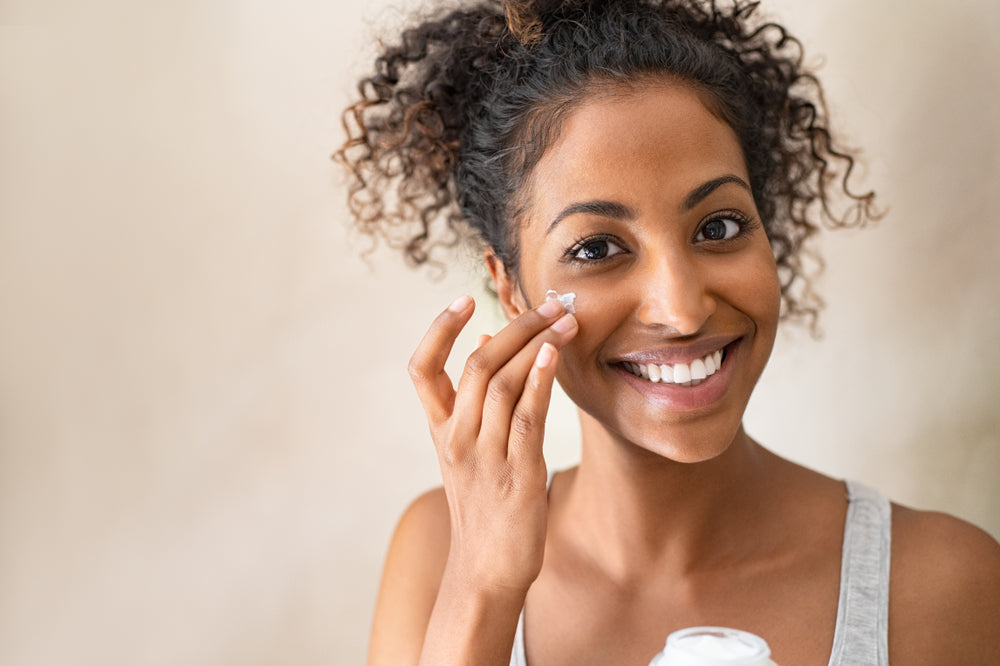
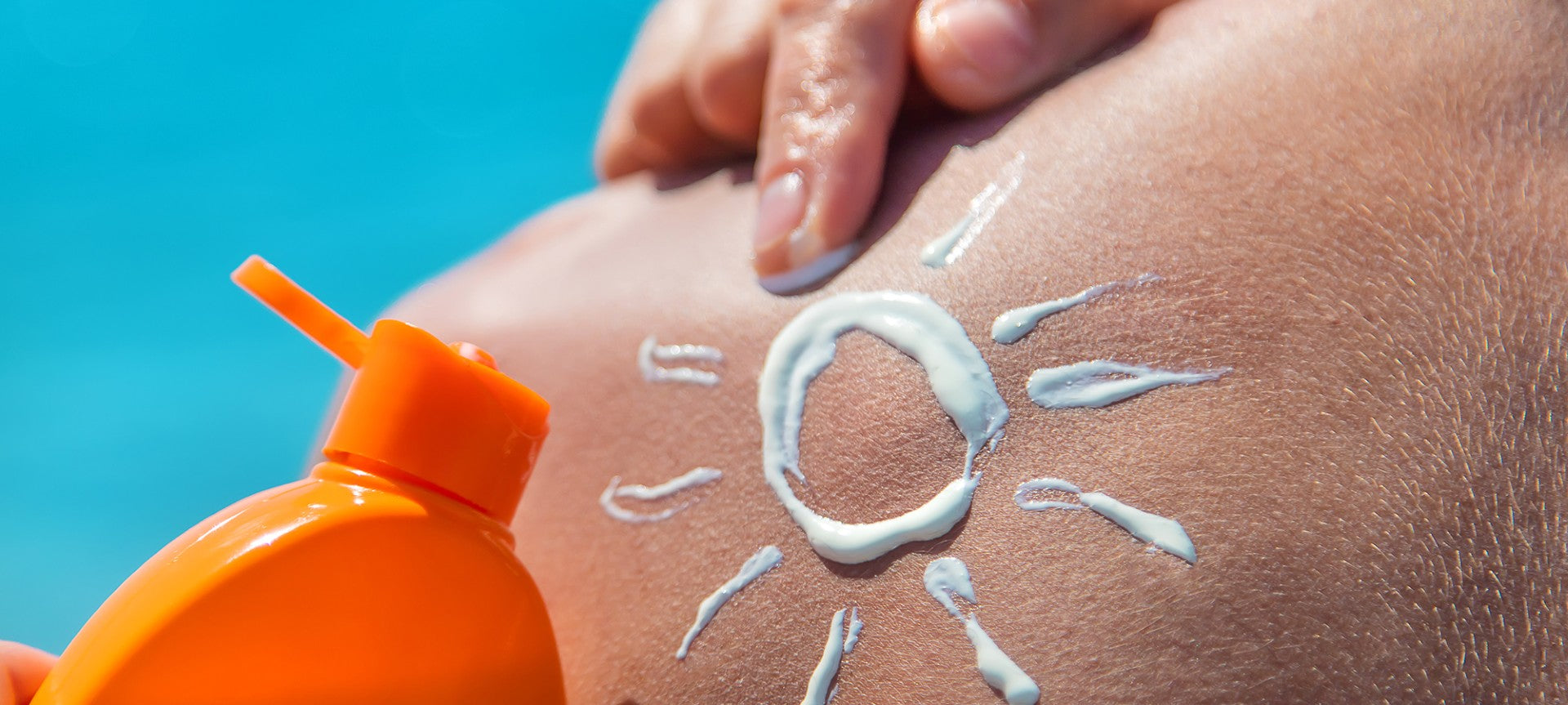
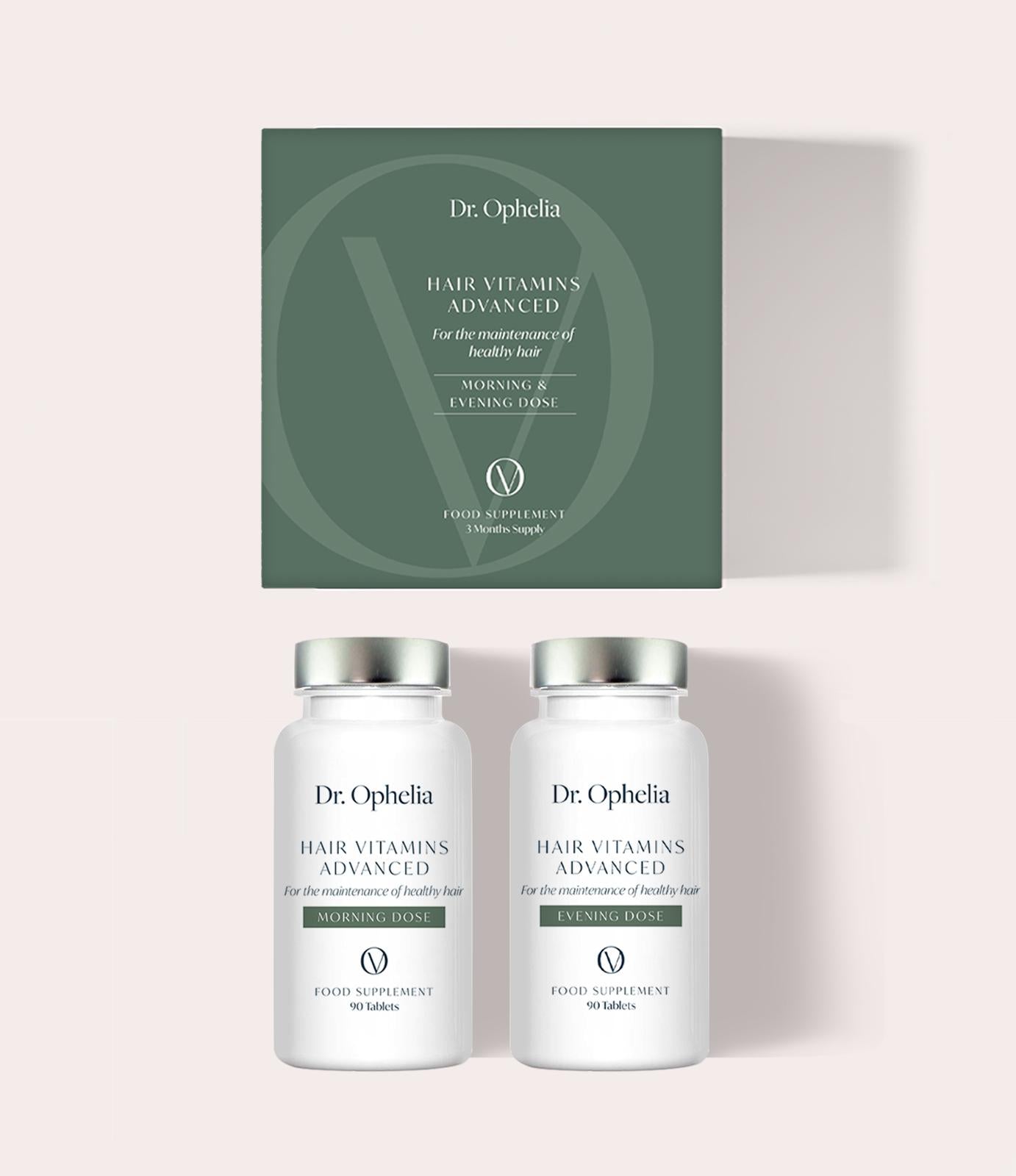
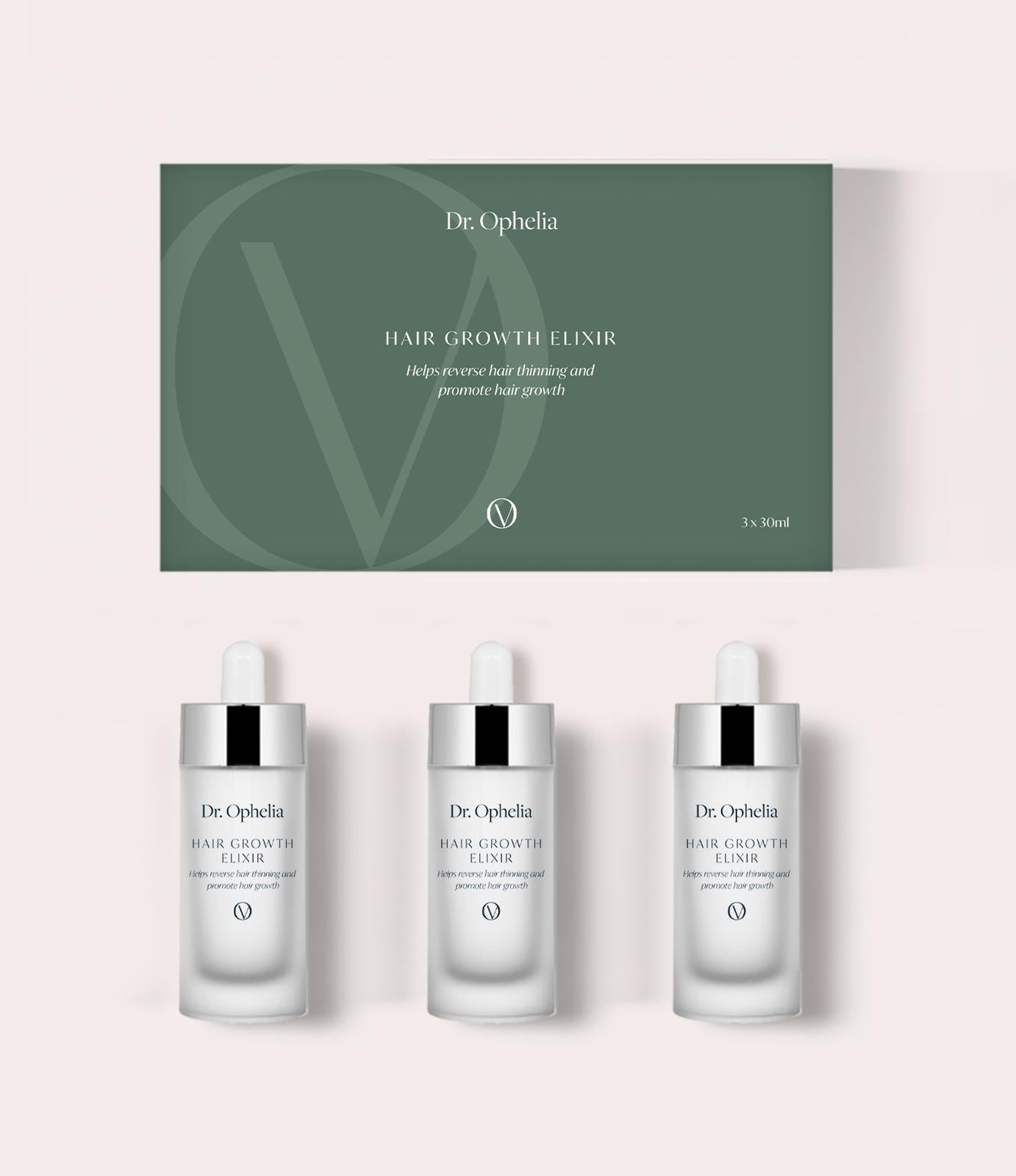
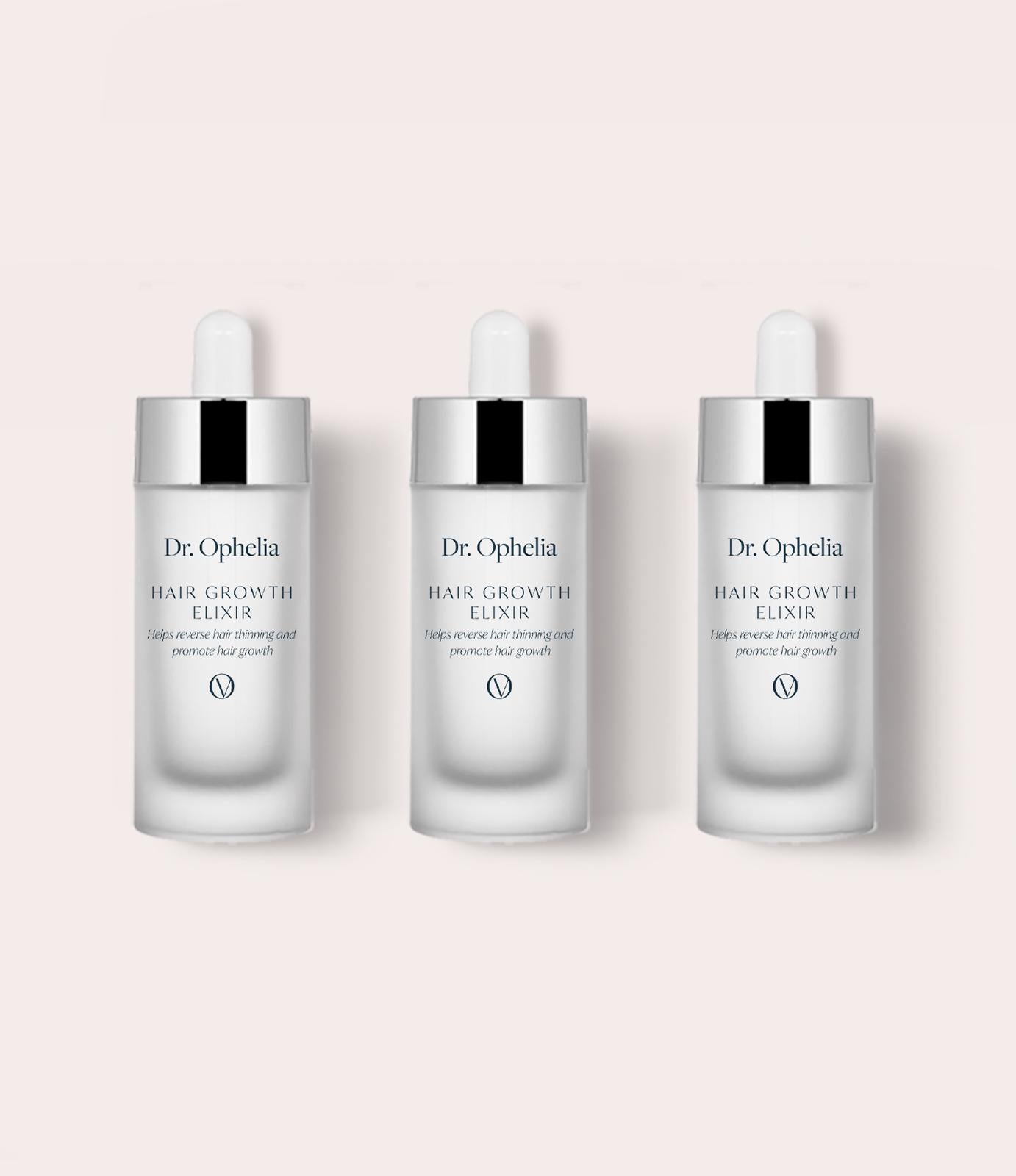
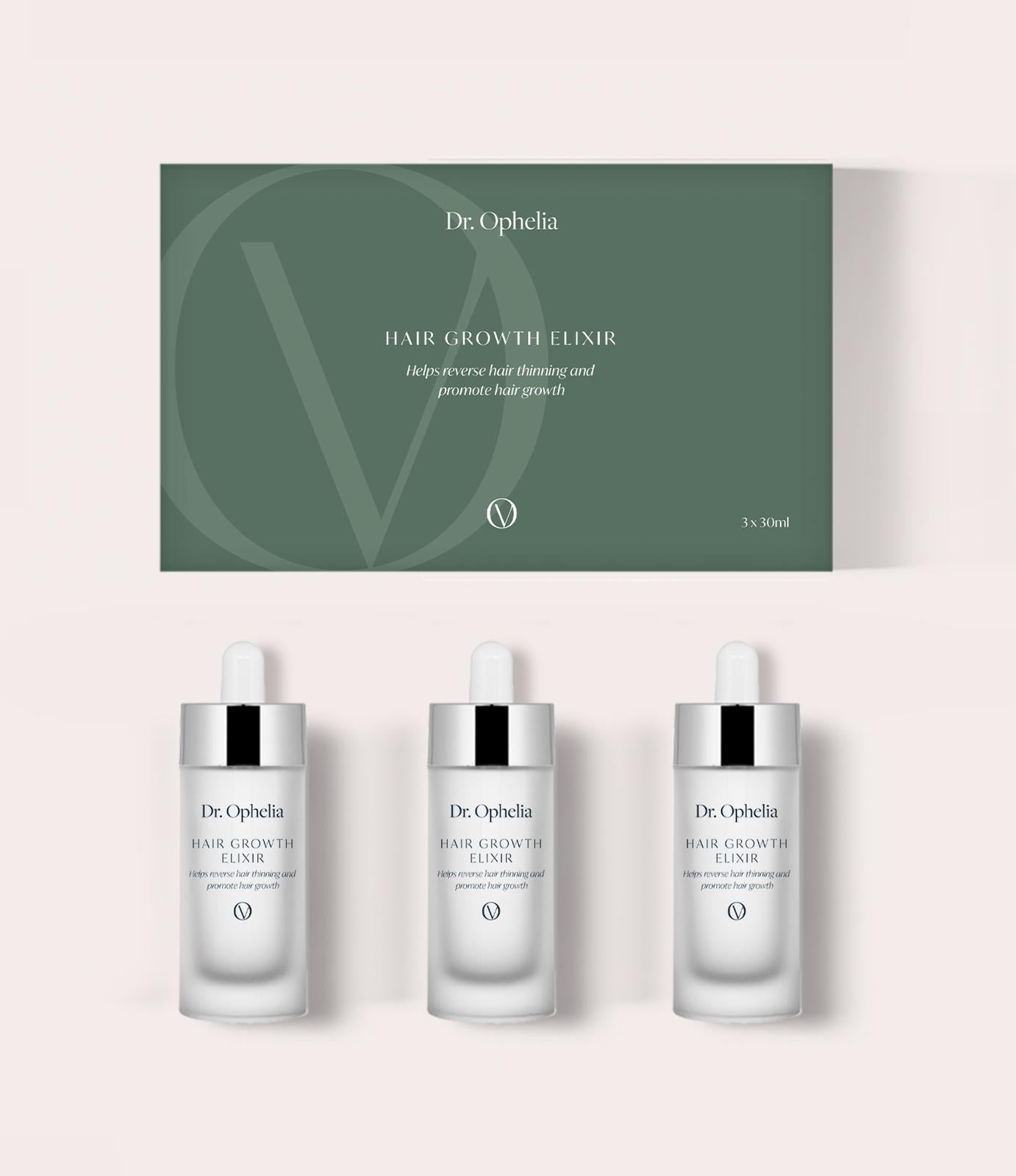
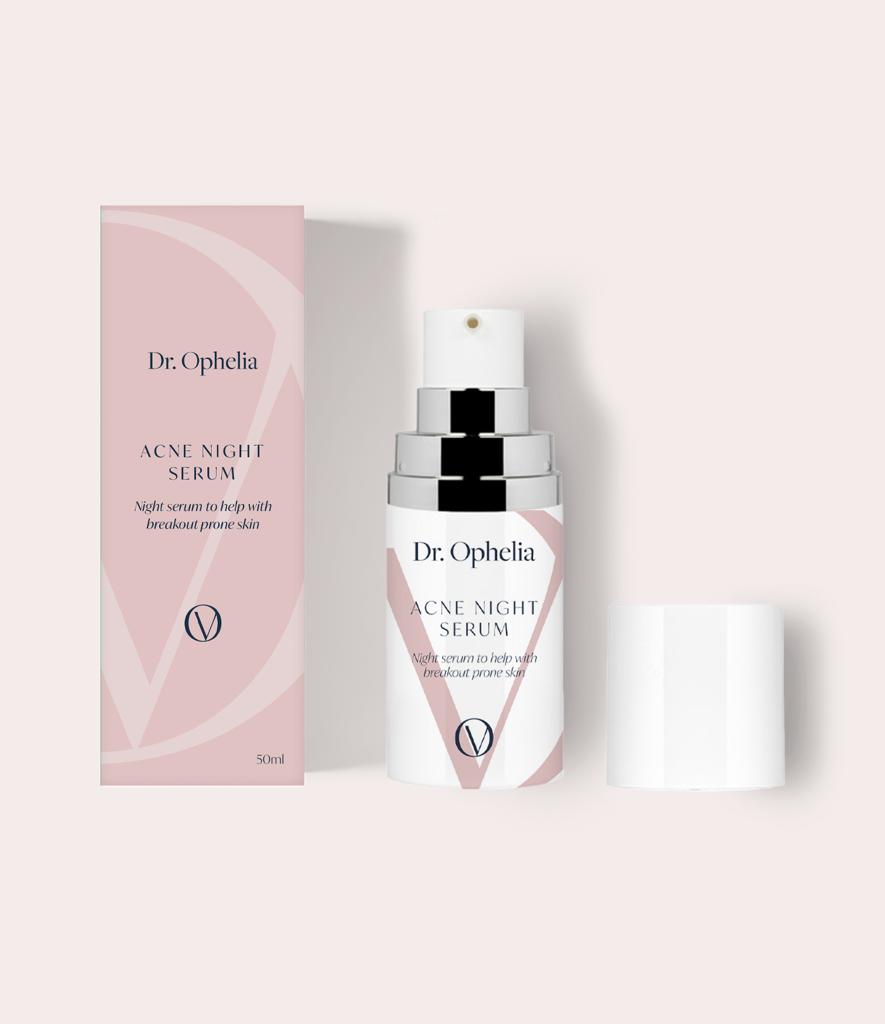
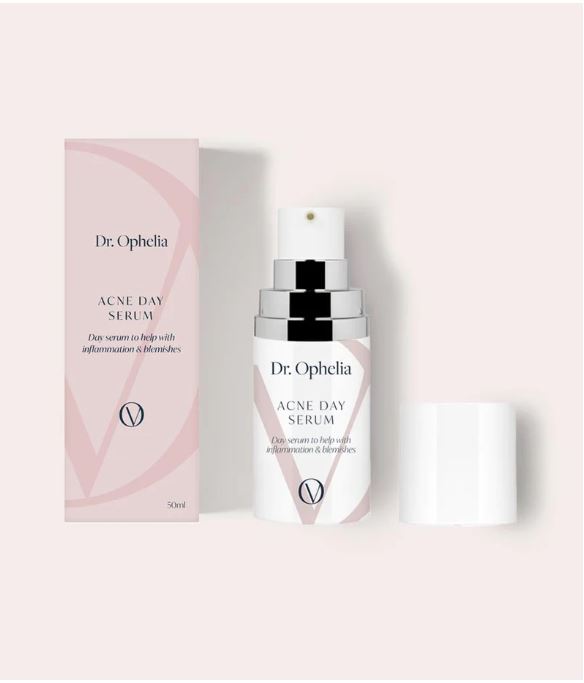
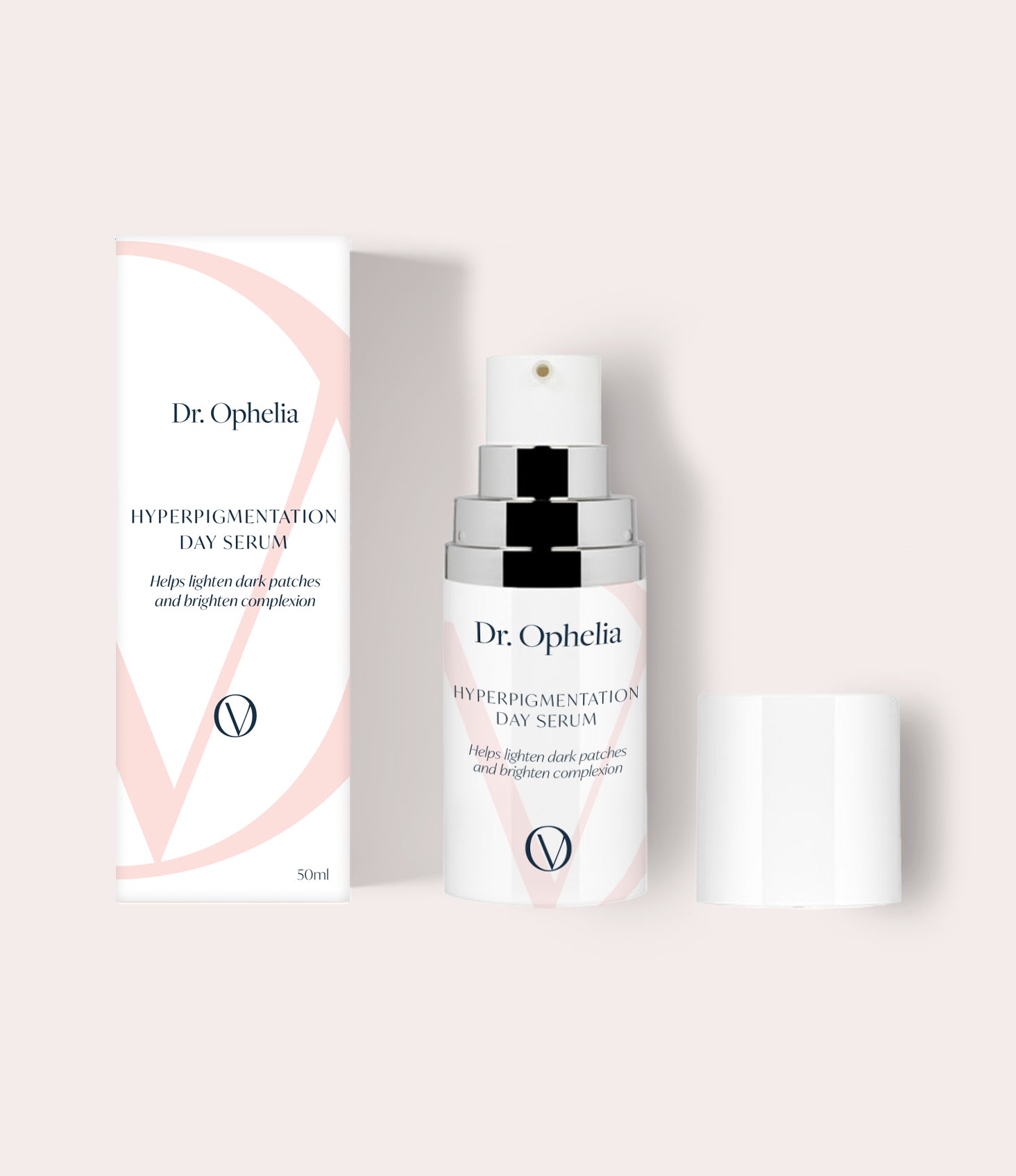
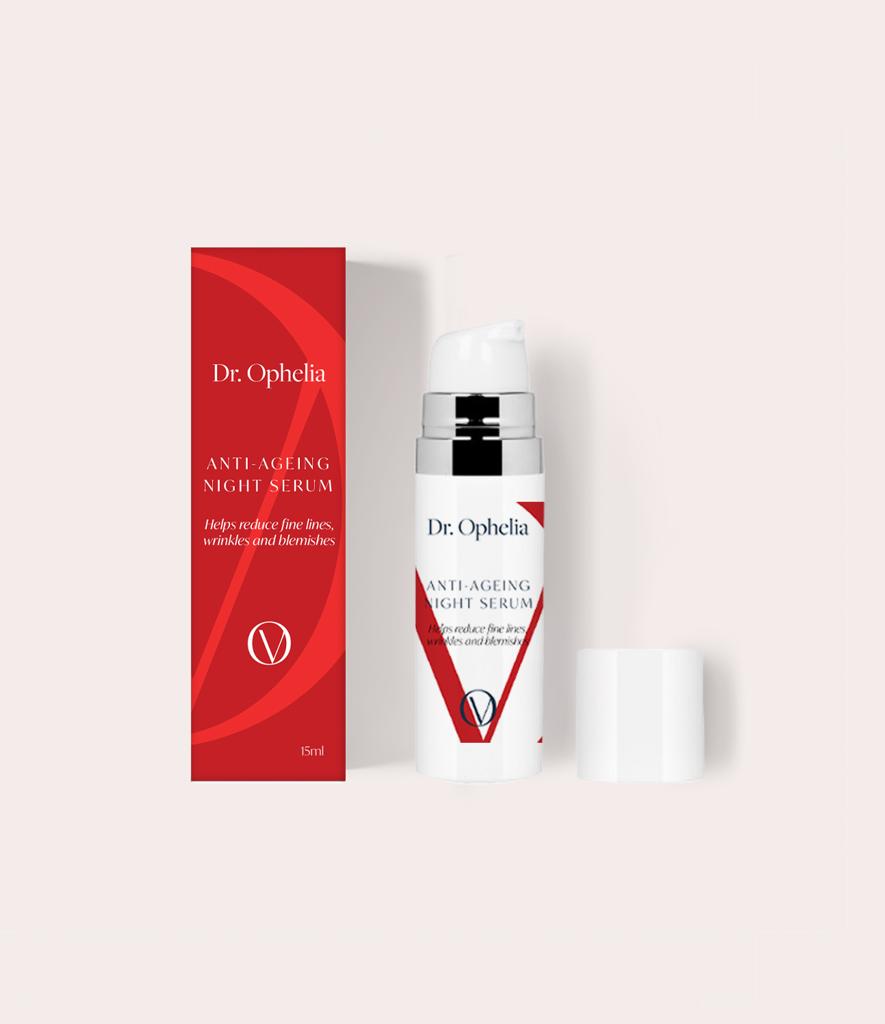
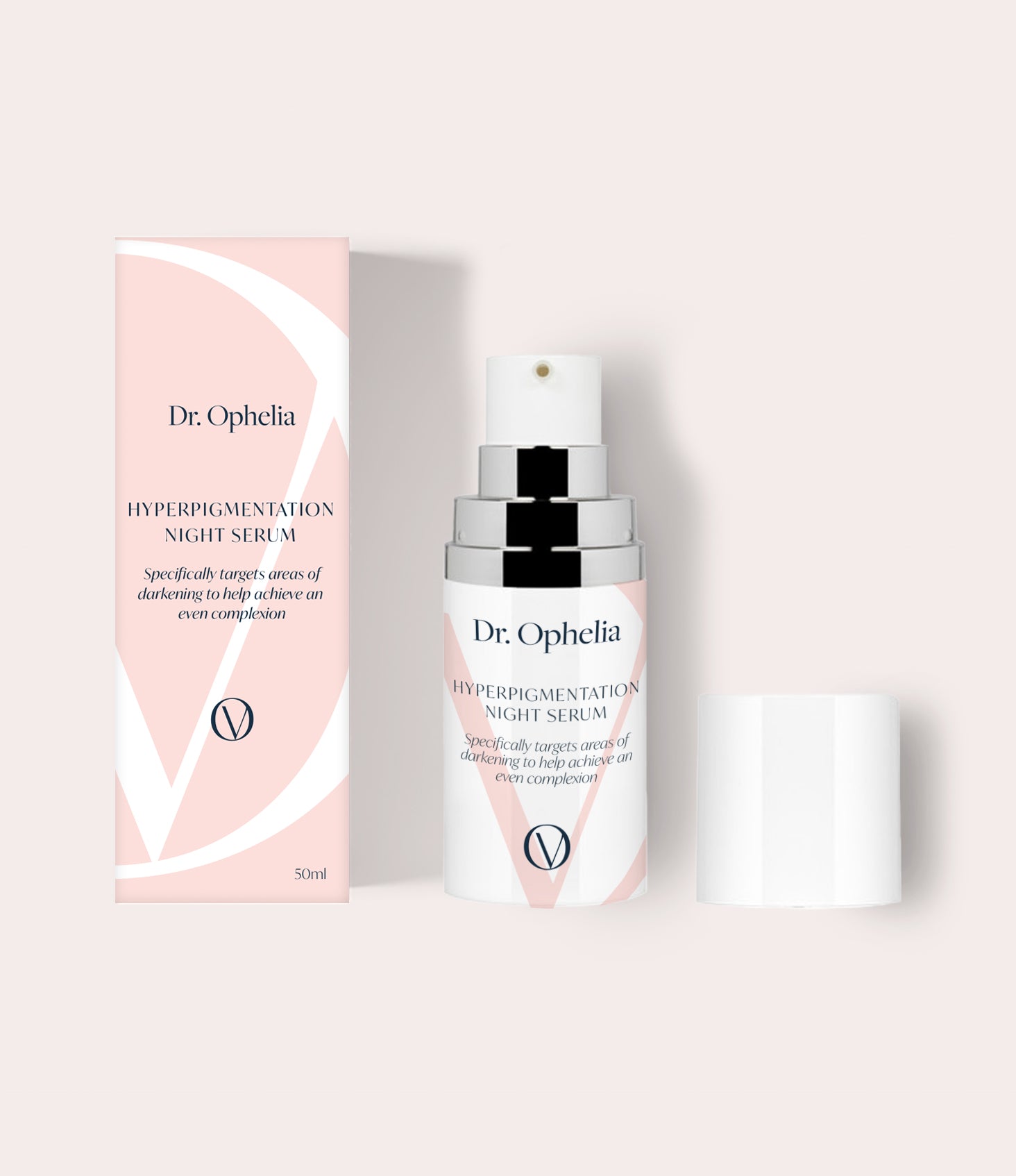
4 comments
I suffer from folliculitis decalvans and have for over 9 years. No doctors in Denmark can find a treatment that works. Can you help?
Sanne Bentzen
Can you suggest treatment for FFA hair loss
the dermatologist I saw only prescribed oral minoxidil 2.5mg daily, it’s only been a few weeks and i ‘m having side effects & not seen any regrowth so I stopped taking it
due to interfering with my blood pressure medication’s. I would really appreciate any suggestions or direction that you think I should pursue
thank you
Evelyn Williams
Hello Dr
Can you please helps my daughter for female pattern hair loss ?
Thanks
Setu Patel
Can you help with hair loss from litchen planoporis ..
Christine
Leave a comment
This site is protected by hCaptcha and the hCaptcha Privacy Policy and Terms of Service apply.